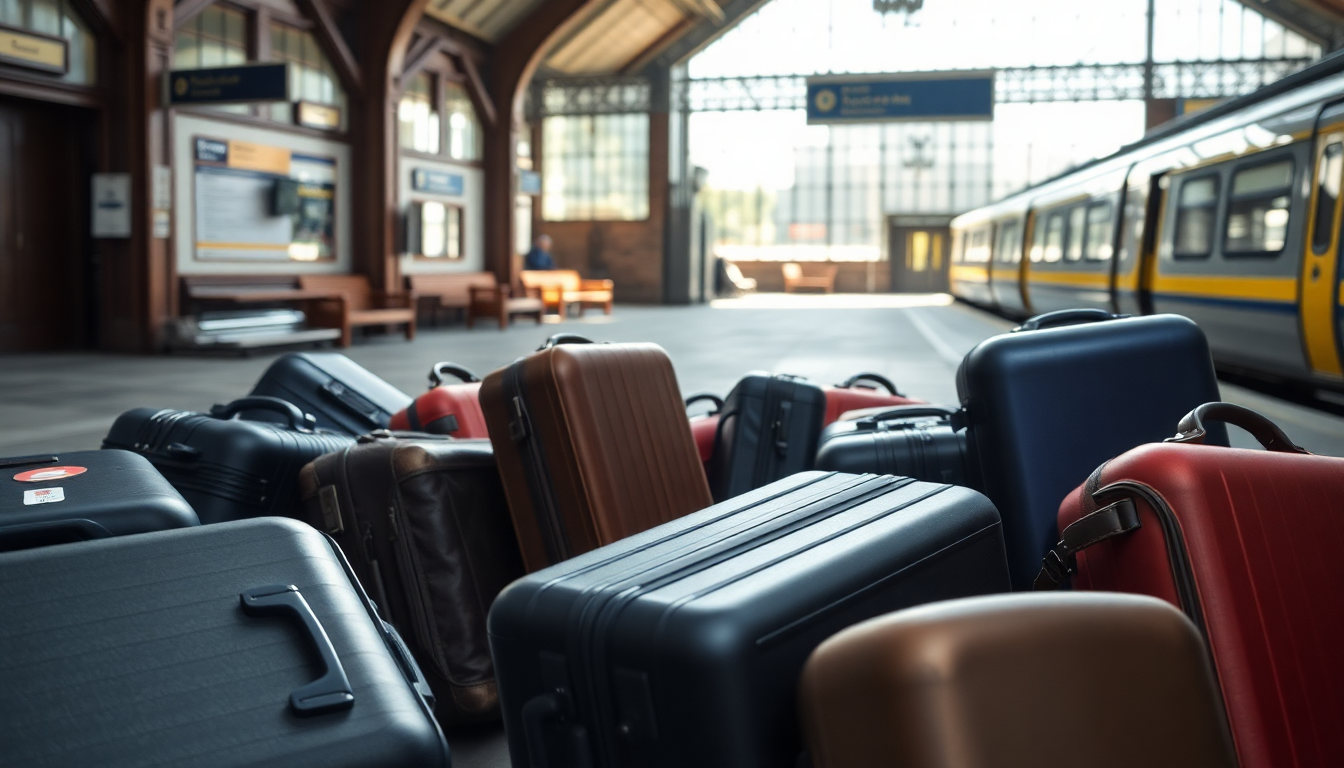Table of Contents
In a surprising turn of events, the UK Labour government has decided to temporarily pause a scheme that allowed registered refugees to bring their family members into the country. This decision comes as support grows for the far-right Reform UK party, alongside rising public pressure over immigration matters. Home Secretary Yvette Cooper confirmed that new applications for the refugee family reunion route would be put on hold while the government reassesses its immigration rules, which are expected to be rolled out by spring next year.
What Led to the Suspension?
Cooper revealed the reasons behind this decision during a recent parliamentary session, highlighting the urgent need for a controlled and fair immigration system. She noted that the previous framework had become overloaded due to a surge in applications. Under the old guidelines, refugees with indefinite leave to remain could bring their children and partners to the UK, as long as they met specific criteria. However, the growing number of applications has put a strain on housing and public services, prompting the government to tighten regulations.
According to Cooper, the influx of family reunion requests has stretched resources thin across the nation, with many people eager to reunite with their loved ones. One of the proposed changes is extending the waiting periods for these applications, which could make the reunification process even more challenging for many families. How will this affect the emotional well-being of those separated from their families?
Voices from Refugee Advocates
In response to the suspension, various refugee advocacy organizations have raised red flags, arguing that this move bows to far-right pressures while putting vulnerable populations at greater risk. Safe Passage, a group dedicated to aiding child refugees, criticized the government for effectively closing off safe routes for children fleeing conflict and persecution. They stressed the severe repercussions this decision could have on those seeking refuge in the UK.
Enver Solomon, the CEO of the Refugee Council, shared similar concerns, stating that the suspension is unlikely to deter individuals from embarking on dangerous journeys to be reunited with their families. Instead, it might drive more desperate people into the hands of human traffickers, worsening the very issues the government is trying to solve. Isn’t it ironic that the measures intended to protect may end up causing more harm?
Political Ramifications and What Lies Ahead
This policy shift comes at a time when the Labour government is under intense scrutiny. Following a summer filled with anti-immigration protests aimed at asylum seeker accommodations, the government’s approach to immigration has become a hot-button political issue. Prime Minister Keir Starmer acknowledged the need for a stronger strategy, promising to speed up plans to vacate asylum hotels and improve processing times for asylum claims.
The government has also launched a new pilot program in collaboration with France, aimed at managing the flow of refugees and asylum seekers between the two countries. Cooper announced that this initiative would focus on family groups and include thorough security checks for applicants. Additionally, an independent body will be set up to oversee appeals, tackling the current backlog that leaves many asylum seekers waiting far too long for decisions.
As the Labour government navigates these complicated waters, the medium-term outlook remains uncertain. Striking the right balance between addressing public concerns about immigration and upholding humanitarian commitments will be crucial in shaping future policies. Will they manage to find that balance, or will it all become a political tug-of-war?


